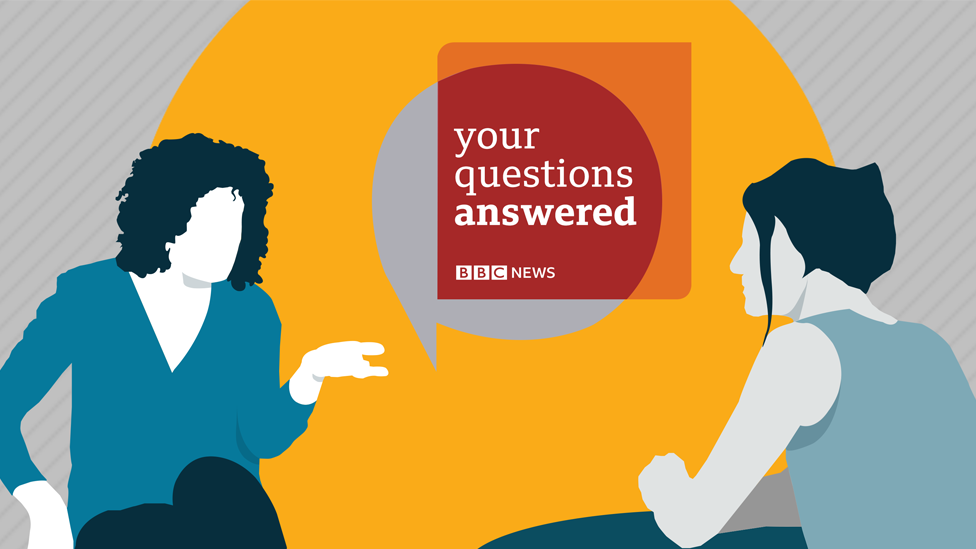Coronavirus: How Midlands small businesses are adapting
- Published

Joshua Hughes (left) director of GlassHouse Beer Co has started offering can deliveries
With people having been advised to avoid "unnecessary social contact" in the wake of the coronavirus outbreak, many small businesses have started to feel the strain.
Some have found ways to branch out the services they provide in a bid to "keep afloat" while the periods of isolation and social distancing continue.
In some cases, it marks a substantial change - such as gin distilleries switching to production of much-sought after hand sanitiser - but for others it has been more a case of adapting their usual day to day activities in a bid to keep money coming in.
In a speech on Monday, Prime Minister Boris Johnson advised people to avoid gatherings and crowded places, such as pubs, clubs and theatres.
Josh Hughes, the director of GlassHouse Beer Co, a brewery and taphouse based in Birmingham, said the announcement was disappointing.
While at the weekend the taphouse saw "a considerable increase in footfall", he said, this week had brought "a very big decline".
Mr Hughes said he had been following the progression of the Covid-19 virus and for the past few weeks has been adjusting the business model to reduce expenditure.
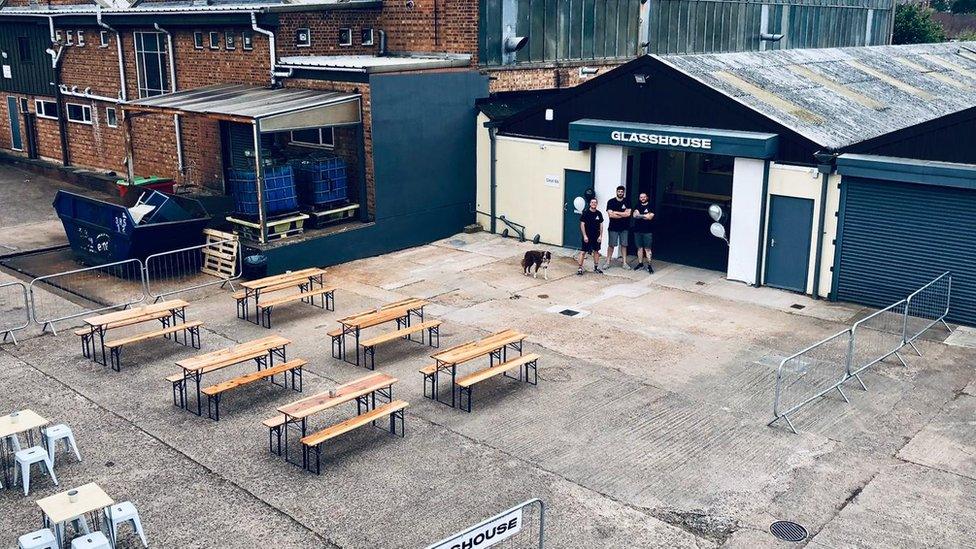
Business at the GlassHouse Beer Co's tap house has significantly dropped, Mr Hughes said
It has now introduced a can delivery service, which can be used by people in social isolation, with invoices remotely sent, payment taken prior to delivery and the ordered cans left at the customer's front step, in their porch or at their front gate, to minimise social contact.
Within the first 24 hours of its introduction, he said, the service attracted pre-orders of £2,500.
"We are trying to diversify any way we can to ensure, hopefully, when we come out the other side of this, we are still viable business," Mr Hughes said.
"I think what the consumer has to know, and the term has been used before, but now more than ever, use or lose it."
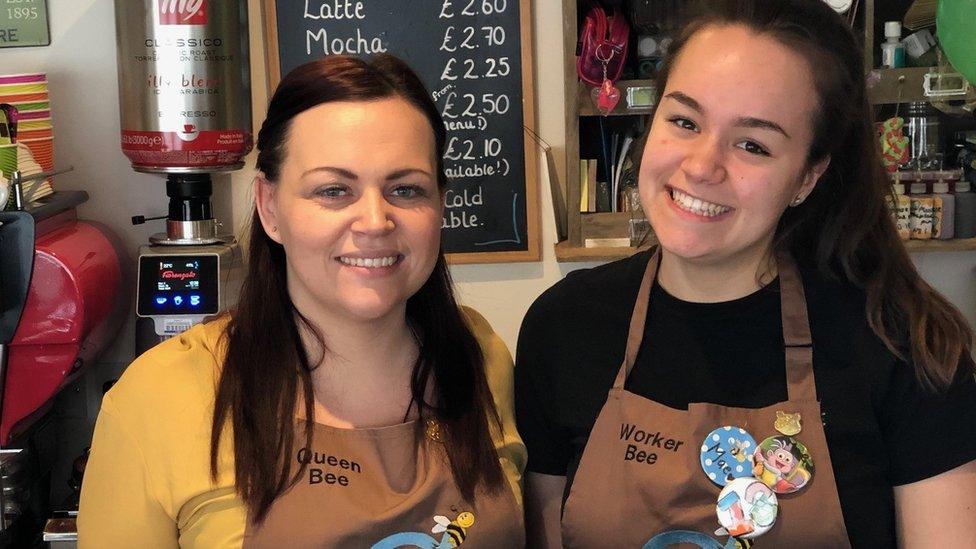
Lavinia Thompson said she felt "huge responsibility" to find ways to keep the business going to support her employees, like Sarah Harrington and Mae Davy
Lavinia Thompson, the owner of The Codsall Hive arts and crafts cafe, started to look at how the cafe could use the services it offered in a different way.
The south Staffordshire cafe offers pottery painting and, following a drop in people coming in, has begun offering take-home pottery and foam clay decorating kits.
"For us, we have been ok, Mother's Day is quite big in our year," she said.
"But that stopped on Monday, it was like everyone had gone away, there was a very definite change."
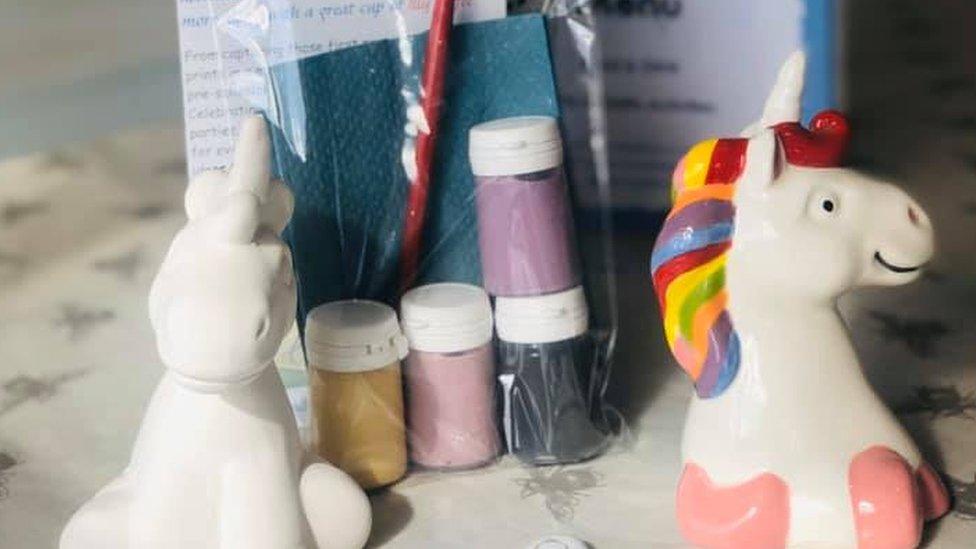
The Hive in Codsall is offering people to take home pottery painting kits
People can pick the kits up from the shop, work on them at home, then take them back to be fired when they can, with staff still in the shop taking telephone inquiries, glazing and firing the creations.
"To offer an activity parents can oversee and that is somewhat constructive, that makes sense to me as a mother," Ms Thompson added.
"And it can be a whole family activity."
She said the decision to diversify came from the "huge responsibility" she felt to her staff.
"As a boss, that is my priority, to find avenues to keep them working," she said.
"I don't want them to feel that the coronavirus came, they were sent home and I didn't try to do anything."
Exo Poli, a restaurant in Shrewsbury, Shropshire, opened last April and owner Jacqueline Smith said it had been a tough first year.
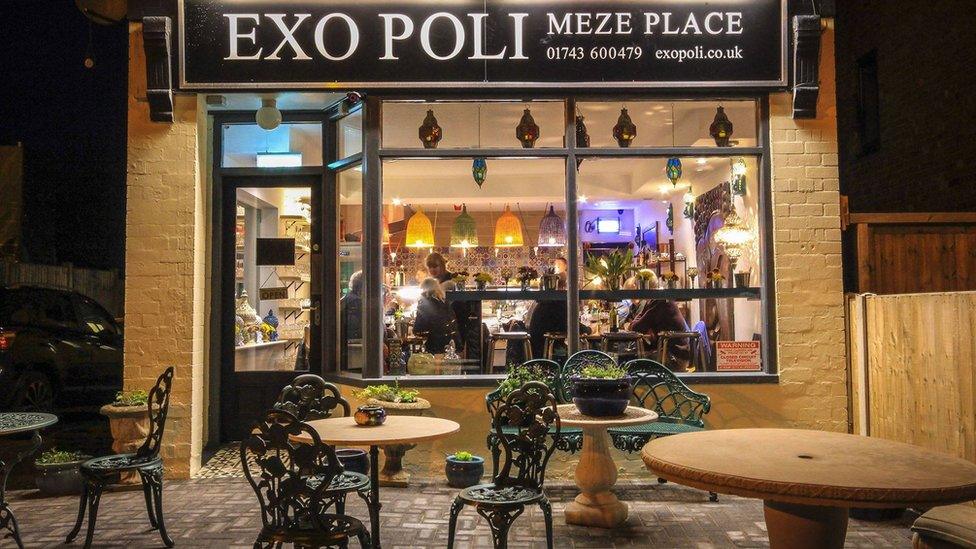
Shrewsbury's Exo Poli is offering its food as take away
"First we had the floods in Shrewsbury, we weren't affected but people couldn't get to us," she said.
"On Saturday we had two tables in, normally we would be full."
Ms Smith said Exo Poli now planned to offer takeaways, with orders and payments taken over the phone, and staff would then leave the food on a table near the front of the restaurant so customers only needed to open the door to take it.
Then, she said, the area and door handles, would be totally cleaned and sanitised.
"We will see how it pans out, it is all such an unknown," she said.
"We would love it if people can support us if they are able to get out."
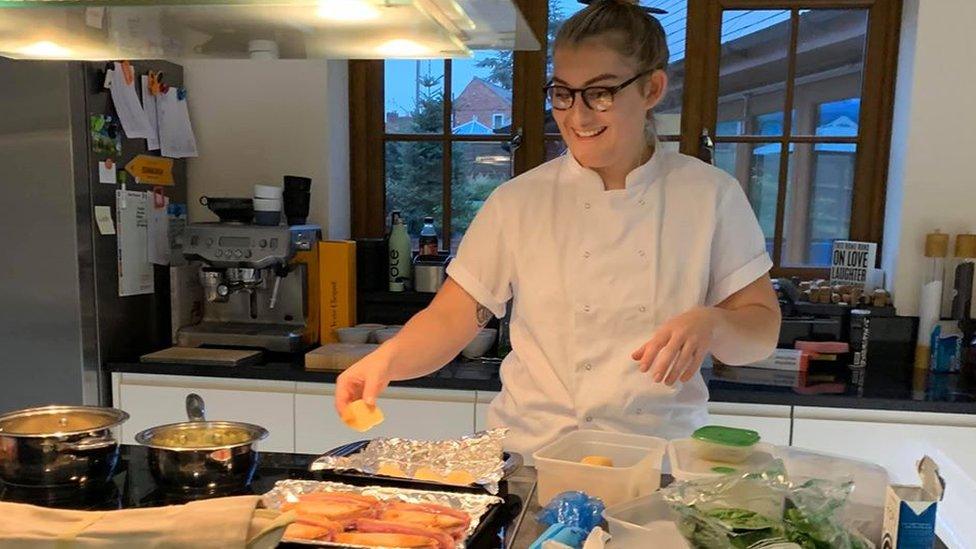
Georgia Bruce has been running her catering business for three years
Georgia Bruce, who runs Wem-based Comyn Bruce catering, normally caters for large events or weddings but has instead been preparing meals for delivery.
She said she has had three events cancelled and two postponed until later in the year and, without offering this new service, would not have an booking in the diary until 6 June.
"I am fortunate in that I don't have a mortgage to pay and my overheads are minimal because I operate my business from home," Ms Bruce said.
"But I had just bought a van and outlaid quite a lot of money on a new prep kitchen.
"It is deeply upsetting, some brides have been planning their wedding for 18 months or more, they are having to make the decision of do we postpone, do cancel, do we go ahead with a smaller number, will it put our elderly relatives at risk, all tough decisions which I wouldn't wish on anybody."
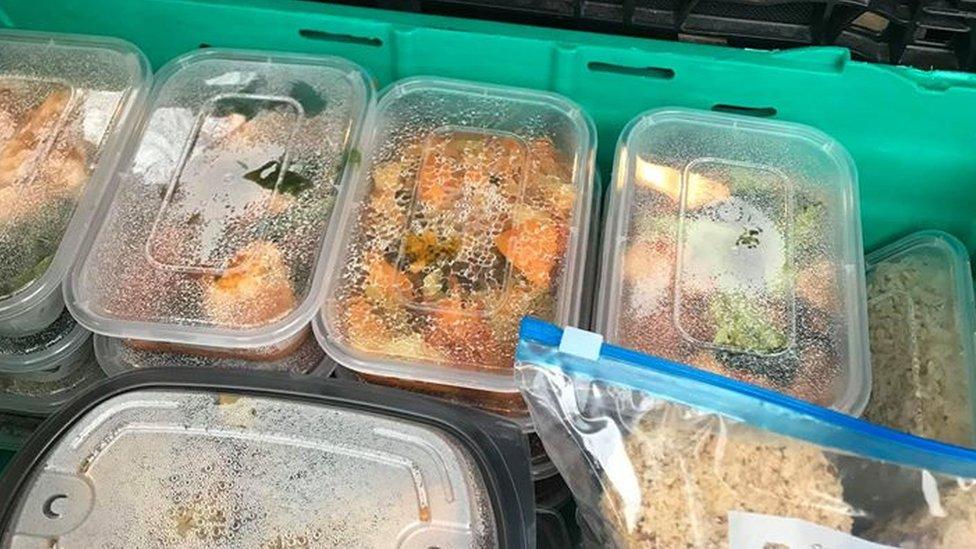
One of Ms Bruce's orders is from a woman who has ordered meals for her elderly mother who is isolating, she said
She said she had already had orders for her prepped meals.
"A lot of people don't cook, if you are poorly you don't fancy cooking and it is worrying whether you are going to be able to get hold of things.
"I am just trying to keep afloat, I am not ever going to make a massive profit, it is just keeping me ticking over to pay the bills I do have."

EASY STEPS: How to keep safe
A SIMPLE GUIDE: What are the symptoms?
GETTING READY: What is the UK's 'delay' phase?
TRAVEL PLANS: What are your rights?
IN-DEPTH: Coronavirus pandemic


Follow BBC West Midlands on Facebook, external, on Twitter, external, and sign up for local news updates direct to your phone, external.
- Published17 March 2020
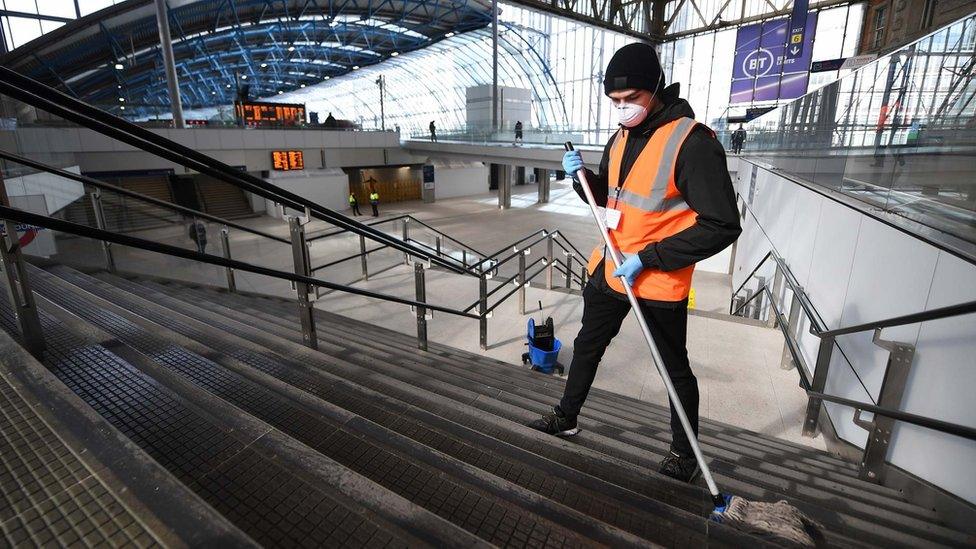
- Published17 March 2020

- Published23 March 2020
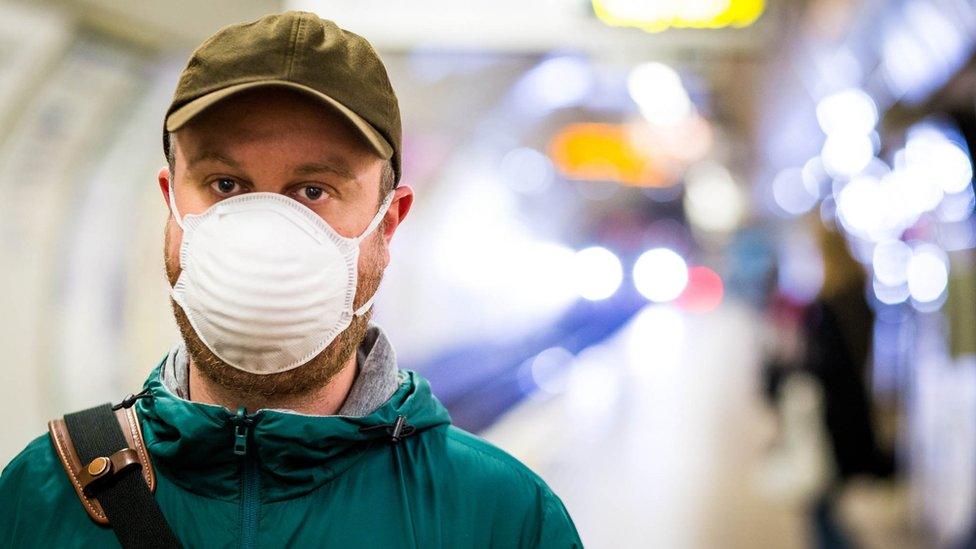
- Published29 May 2020
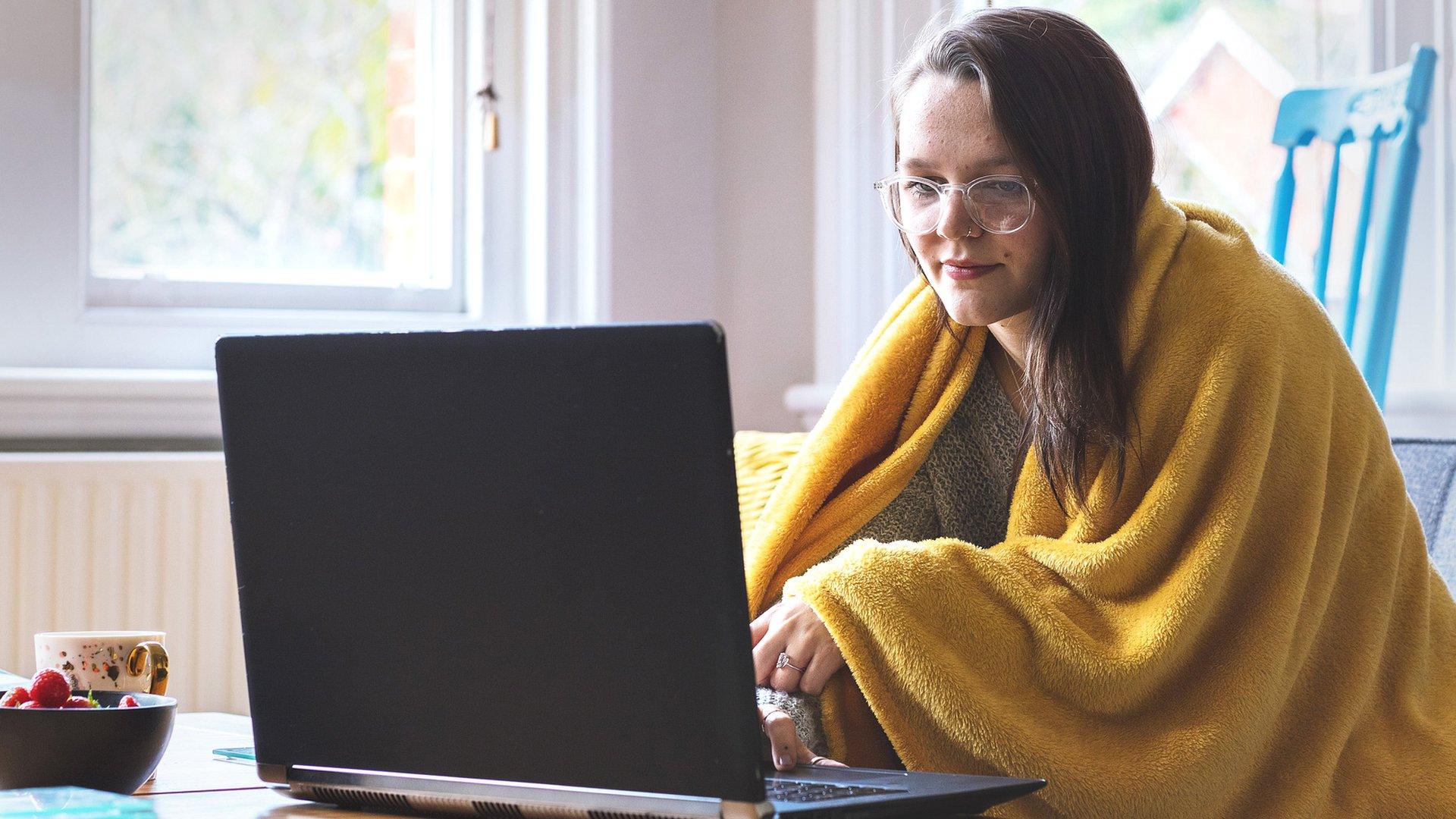
- Published22 February 2022
